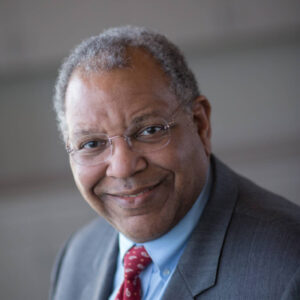This week the Centers for Medicare & Medicaid Services issued a proposed rule stating that the scientific evidence was sufficient to support reimbursement for counseling on the risks and benefits of lung cancer screening as well as lung cancer screening with low dose computed tomography in high risk individuals and once per year. CMS will pay for such services when provided to beneficiaries at high risk for lung cancer and when provided by physicians and centers with specific qualifications.
To access this subscriber-only content please log in or subscribe.
If your institution has a site license, log in with IP-login or register for a sponsored account.*
*Not all site licenses are enrolled in sponsored accounts.
Login Subscribe
If your institution has a site license, log in with IP-login or register for a sponsored account.*
*Not all site licenses are enrolled in sponsored accounts.
Login Subscribe












